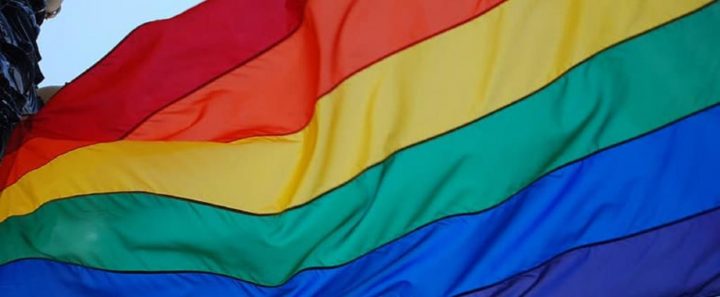By Shawn Sebastian
Only the Kerala government announced temporary housing and food facilities for transgenders in the state so far.
The 21-day nationwide lockdown to control the novel coronavirus disease (COVID-19) outbreak has spelt trouble for the transgender community in India.
With little savings and social security benefits, many have a massive challenge to deal with — depleting food supplies.
While several state governments announced relief measures for the marginalised, only the Kerala government doled out temporary housing and food facilities for transgenders in the state. Over 487,803 lakh transgenders live in the country, according to the 2011 census.
With a compromised immune system, many from the community are at a greater risk of infection, according to National Centre for Transgender Equality (NCTE), a US-based non-profit.
“Trans adults are also more likely to rate their health as a poor or fair in comparison to others. More than 1 out of 5 transgender adults have at least one or more chronic condition, such as diabetes, arthritis or asthma,” read the NCTE note.
It added that more than half the community consumed tobacco, which only made them more vulnerable to the disease since COVID-19 affects respiratory system. Considering the majority in the community don’t have government identity cards, a bank account and health insurance, they are unlikely to receive state support as of now.
Adding to the problem are the congested areas where they live, and which are likely to be COVID-19 hotspots.
However, a few citizen-led initiatives have offered some respite to the trans-community. These are aimed at raising money through crowdfunding platforms, sensitizing public about the plight of the community, raise money to source basic food provisions or facilitate direct bank transfer to beneficiaries.
“We are stuck inside our homes. We used to earn about 200-300 every day by begging and during auspicious functions. All that has stopped now,” said Meera Jasmine, a transwoman from Hyderabad.
Shyam Konnur, founder of Mist, a collective of lesbian, gay, bisexual, and transgender individuals from India, says the pandemic has particularly affected the ‘hijra’ community whose survival is purely based on public interaction.
“Since the lockdown, many folks in the community are struggling to make ends meet. They live with disabilities, chronic illnesses, compromised immune systems and without family support,’’ read the crowdfunding campaign launched by Mist.
The organisation is helping 100 members of the trans community in Hyderabad with food essentials that cost Rs 1,000 each.
The beneficiaries are identified and their details mentioned on the crowdfunding platform. To ensure transparency, all purchase bills are uploaded on the website.
Konnur said the Pune Police helped them with digital passes to travel during the lockdown and distribute essentials to the beneficiaries.
“We are focusing on fulfilling their immediate requirements,’’ he said, adding that many from the community have exhausted their ration and are in need of medicines as well.
He emphazised on the need to provide the community members with ration cards and IDs.
To help rural transgenders from Thoothukudi, Tamil Nadu, another crowdfunding platform was launched at the fundraising platform Milaap. It has waived the fee for several campaigns to raise funds for Covid-19-related causes.
The campaign aims to support 150 people from the community.
Grace Banu, the campaign organizer, said Thoothukudi has at least 15 transgender households with as many as 12 members each. Out of these, about five people are infected with HIV/AIDS.
She added they are heavily dependent on begging to meet their daily needs.
Banu has been doing her bit since the lockdown — she arranged for 50 kilograms of rice from the district administration for the community.
Another campaign from Chennai, in collaboration with Milaap, began the crowdfunding campaign with an initial plan to support 100 people. They have now extended it to support 200 more people from the city and adjacent districts. The collective is aimed at facilitating bank transfer for the beneficiaries.
“We prefer direct bank transfer to the beneficiary account because it gives autonomy and purchasing power to them,’’ said Kanga, a part of the collective.
She added they are identifying those who do not have a bank account yet.
“Each individual will get Rs 3,500,” said Kanga. The money has already been deposited in 25 beneficiary accounts.
In another initiative, Manju Warrier, a leading actor in Malayalam film industry, offered financial help to 50 transgenders in Kerala through ‘Dhwayah’, an association for transgenders in the state.
The crisis reminds us of our collective responsibility towards the marginalized. The suffering of the trans community during demonetization is a case in point—many did not have a bank account. Even as isolated citizen-led groups are doing their bit to help the community, there is an urgent need for state governments to come to their rescue.






